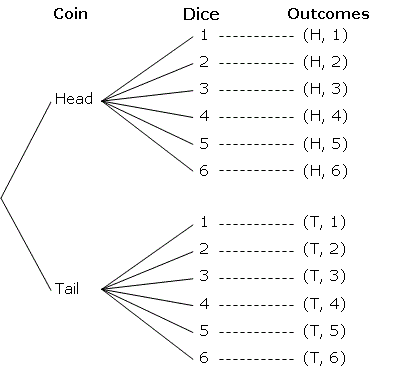What is the probability the third marble is the first red marble.
Marble simple probability examples trees.
This math education video demonstrates how to calculate the probability of removing colored marbles from a bag.
The first red a jar contains 30 red marbles 12 yellow marbles 8 green marbles and 5 blue marbles you draw and replace marbles 3 times.
Find the probability of pulling a yellow marble from a bag with 3 yellow 2 red 2 green and 1 blue i m assuming marbles.
Is a wonderful way to picture what is going on so let s build one for our marbles example.
The first ball can be red yellow or blue.
Red yellow and blue.
If it is thrown three times find the probability of getting a three heads b 2 heads and a tail c at least one head.
In this example we are figuring out the probability of randomly picking a non blue marble from a bag.
One ball is picked out and not replaced and then another ball is picked out.
Again we ll have to think about the possible outcomes first.
We can use a tree diagram to help us find the probability.
Use these examples of probability to guide you through calculating the probability of simple events.
This is the currently selected item.
This video goes through 2 examples of probability.
This is called probability without replacement or dependent probability.
There are 3 balls in a bag.
The probability of picking a yellow marble.
Dependent events are what we look at here.
We ll use the following model to help calculate the probability of simple events.
We can go one step further and see what happens when we pick a second marble.
And so this is sometimes the event in question right over here is picking the yellow marble.
The sample space for the second event is then 19 marbles instead of 20 marbles.
There is a 2 5 chance of pulling out a blue marble and a 3 5 chance for red.
We calculated p drawing a non red 455.
Problems demonstrate non conditional and cond.
This means the first two are not red.
Probability is the chance or likelihood that an event will happen.
A coin is biased so that it has a 60 chance of landing on heads.
Probability tree diagrams for independent events how to solve probability problems using probability tree diagrams.
It is the ratio of the number of ways an event can occur to the number of possible outcomes.
The probability is 1 3 for each of these.
One example uses with replacement and one example uses without replacement.

